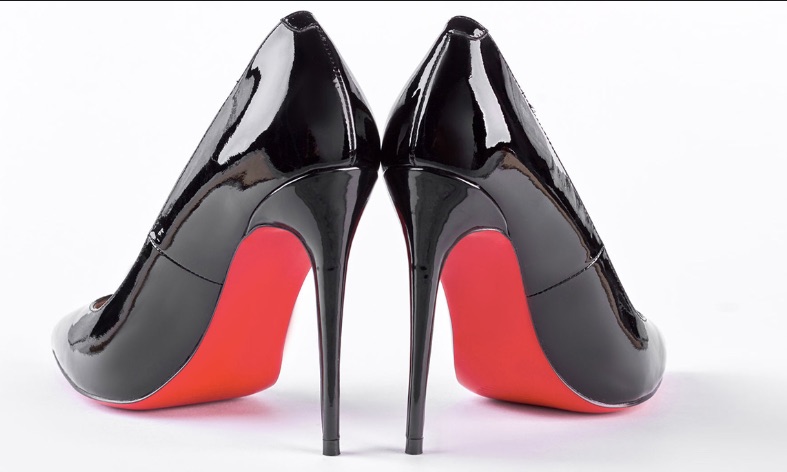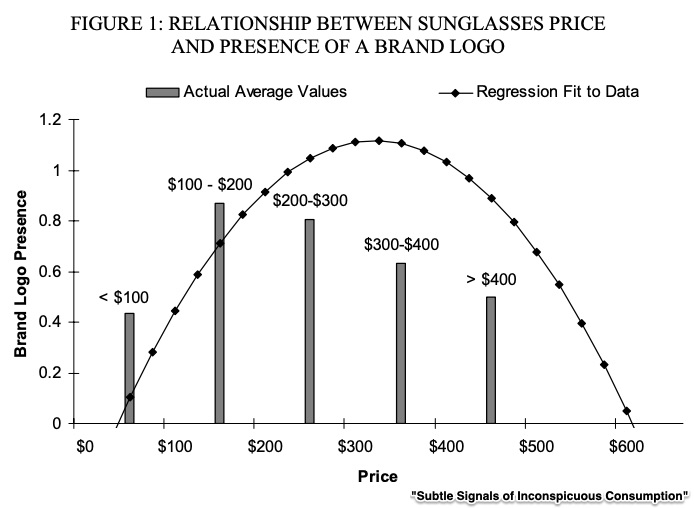The average American has access to the types of consumer goods that only the wealthy used to buy. We can purchase a pricey iPhone or watch Netflix on a massive home TV screen. We eat steak, enjoy ahi tuna, and speak with Alexa. And if we fly frequently, we can be the first to board.
So how to show you are rich?
Consume inconspicuously.
Inconspicuous Consumption
In the (long ago) past, the vast proportion of the rich inherited their money. Now they work for it. One researcher tells us that the highest earning quintile works more hours than the lowest. They value education more than their affluent predecessors because learning propelled their upward mobility. They have more “social, environmental, and cultural awareness.” Focusing on childcare or health or education, their spending is somewhat hidden.
But for the truly wealthy there is more.
Some of the affluent realize that overt signals could place them in the mainstream. By demonstrating wealth through labels and logos, you become like everyone else. However, as in our featured image, when your shoes have that telltale Louboutin red sole, few know why. Similarly, when you have no logo, those higher priced sunglasses become elite since only those in-the-know can say what they cost.
Below, explicit branding was most evident in the mid-price region:
Our Bottom Line: Conspicuous Consumption
In his Theory of the Leisure Class, Thorstein Veblen (1857-1929) explained that the affluent pursue useless activities like excessive shopping to convey their power and wealth. Servants and employees help the affluent do less while their money lets them signal their status by buying more.
Now, in a new version of conspicuous consumption, the rich still try to prove that they are better than everyone else…just with a bit more subtlety.
My sources and more: My starting point for today was this Bloomberg look at inconspicuous consumption in Taipei. From there, Quartz considered a new book on the slightly less wealthy and then I found this Atlantic article. However, this paper had the real analysis.







